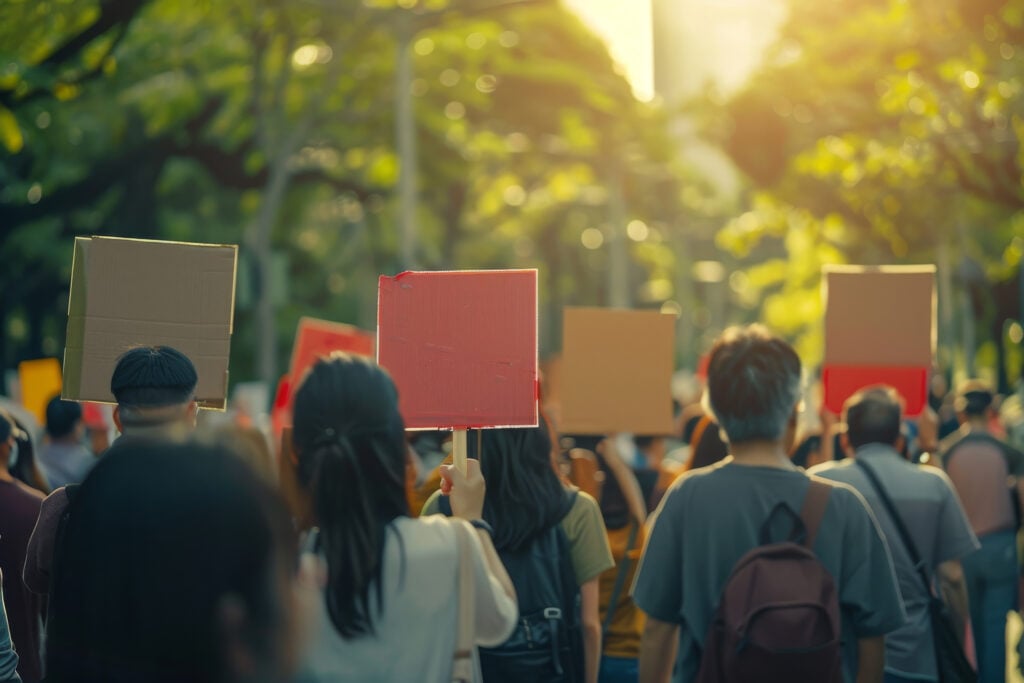Emotions are vital resources for queer rights activists when they lobby for social reforms
27 Nov 2025

The article analyzes queer rights activists in the Philippines as they demand social reforms. It highlights emotions as these activists use different tactics for lobbying and sustain social relationships. Here, emotions refer to activists’ sensible evaluation of social realities and relationships. It takes this notion of emotion as a vital tool for queer activists as they demand social reforms and expand the movement’s constituency. The findings show that they treat emotions as an important framework to communicate their demands. Advocates also understand that social relationships marked by emotion are important resources for expanding their capacity to influence state policies. In conclusion, the paper contributes to the wider theory of deliberative democracy as it foregrounds the role of emotions in communicative strategies. It also contributes politically as it insists on varying emotions as vital political resources at a time when macho populism laced with hate and anger stifles the deepening of Philippine democracy.
The research is particularly significant in the Philippine democracy. It outlines the role of emotions and emotional ties when citizens–in this case, queer activists–participate in state decision-making through
deliberative tactics. The finding shows that certain emotions, like anger and joy, are seen as important tools in making movement claims for reforms. Likewise, affective ties like friendships and conflicts are seen as opportunities to deliberate with state agents, allies, and adversaries. In general, it contributes to the deepening of Philippine democracy by integrating and acknowledging that citizens are not merely calculating subjects. They are also emotional and affective agents who make demands that take into account what they feel.
Author: John Andrew G. Evangelista (Department of Sociology, College of Social Sciences and Philosophy, University of the Philippines Diliman | The University of Hong Kong )
Read the full paper: https://brill.com/view/journals/ppsj/45/2/article-p117_1.xml
Image from Freepik
